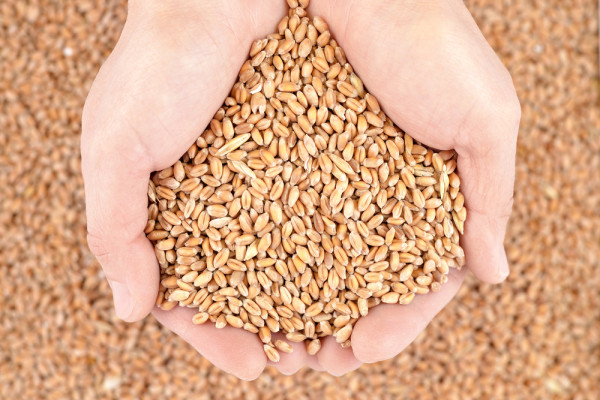This morning I read a nutrition article that was popping up all over my Facebook feed. The story, This is Your Brain on Gluten, which appeared in The Atlantic, covered the science behind a new book called Grain Brain. From the sound of things, the author of the article, James Hamblin, who is a medical doctor, had been hesitant to cover the book—he wasn’t sure what to make of the general hypothesis, which is that eating all grains ultimately causes mental deterioration such as Alzheimer’s disease and dementia. But because it’s been a best-seller since its release he finally gave it a read.
 To say Hamblin remained skeptical after reading the book—and speaking with the author of Brain Grain, David Perlmutter, MD, as well as a handful of other notable researchers and physicians, including David Katz, MD—would be an understatement. He pokes holes in some of the claims and reminds readers that much of the “science” that the diet is based on is either not widely accepted or is simply speculation—a connecting of dots that can’t actually be proven.
To say Hamblin remained skeptical after reading the book—and speaking with the author of Brain Grain, David Perlmutter, MD, as well as a handful of other notable researchers and physicians, including David Katz, MD—would be an understatement. He pokes holes in some of the claims and reminds readers that much of the “science” that the diet is based on is either not widely accepted or is simply speculation—a connecting of dots that can’t actually be proven.
Hamblin’s overview of the book and the scientific basis for following or eschewing this type of diet seemed spot-on, but it also felt familiar. After a quick search on DietsInReview I realized why: Our resident dietitian Mary Hartley, RD, wrote a similarly cautionary article on Grain Brain back in October!
Check out Mary’s take on things if you’re looking for a quick read on why shunning all grains isn’t the answer, and eating a healthy, balanced meal of fish, seeds, nuts, and veggies is a better formula for whole body health.
Also Read:
Paleo Diet vs. Atkins Diet: Whose carbs can you live without?
